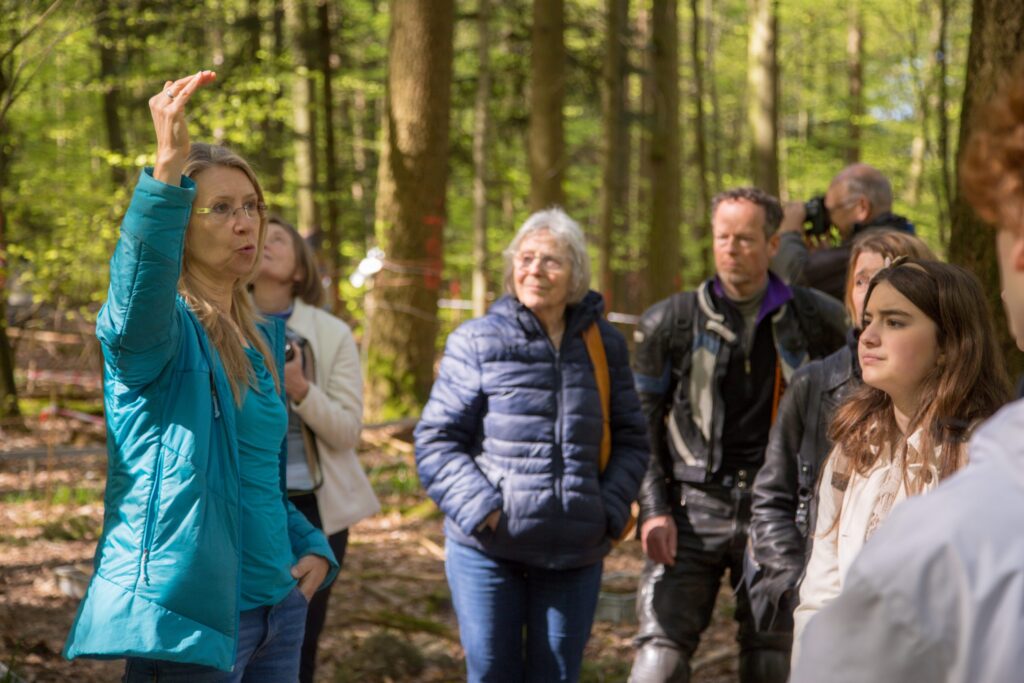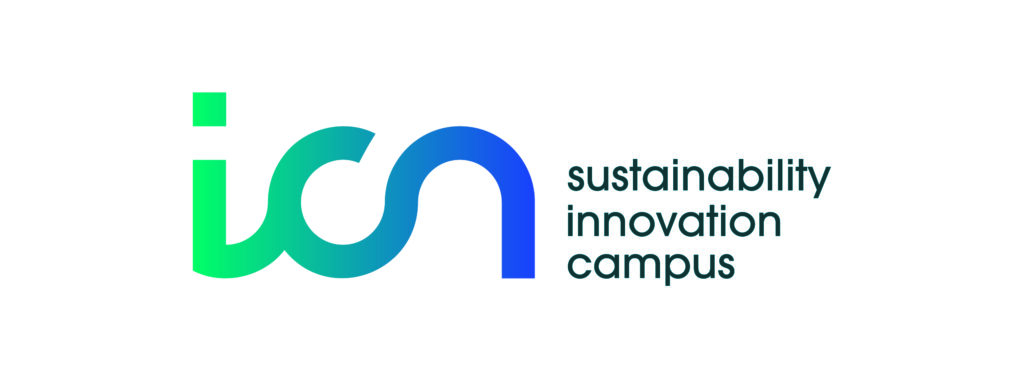Sustainability Transfer

Inspiration from technology is indispensable in the area of sustainability, whether it’s about green technologies or the efficiency of political measures. At the same time, research is dependent on thought-provoking impulses from outside the university.
Through the targeted promotion of knowledge, technology and education transfer, spaces are created in which science can enter into dialogue with politics, business and society.
Research and Technology Transfer

Developing transformative solutions for the urban regions of the future together with business, politics and civil society – that is the aim of the Sustainability Innovation Campus (ICN). The ICN is a joint initiative by the University of Freiburg (UFR) and the Karlsruhe Institute of Technology (KIT), starting in 2024. Under the guiding principle “Transformations for Urban Regions of the Future: Climate Protection, Resource Conservation, and Well-Being“, the two universities are setting their sights on comprehensive social, technical, and economic innovations – along with a network of actors from science, industry, politics, administration, and civil society. Through this innovation ecosystem, the ICN aims to contribute to accelerating the transfer of innovations in the Upper Rhine region and thus to the ‘great transformation’ towards a sustainable society.
Sustainability Center Freiburg
At the Sustainability Center Freiburg (LZN), scientists translate findings from sustainability research into innovations. The LZN provides the infrastructure for the path to practice. The University of Freiburg and the five Freiburg Fraunhofer Institutes have been cooperating at the center since 2015. At the LZN, scientists from all these institutions investigate technological and application-oriented solutions for sustainable development together, from foundations to practical applications.
Living Labs on Sustainability Issues
Living labs on sustainability issues have almost become a tradition at the University of Freiburg: From 2015 to 2020, the project “Knowledge Dialogue Northern Black Forest” studied what opportunities the Black Forest National Park presents for the sustainable development of the entire region.
The next living lab, “Upper Rhine Innovation Region,” is currently being planned – find out more in the section Cross-Border Sustainability.
Knowledge Transfer
Numerous formats, like Studium Generale or Freiburg Horizons, cover sustainability issues in their regular programs.
An aspect of knowledge transfer that receives special attention is the dialogue with other stakeholders, such as the city. In the winter semester 2023/24, the event series “40 Minutes for Freiburg 2040” brought together academics with experts from the city administration, business and society.
Another means of fostering regular exchange between science and the city is the Freiburg Sustainability Council, in which Prof. Dr. Melanie Arndt represents the University of Freiburg. The Sustainability Council supports the development and implementation of the municipal sustainability strategy in an advisory capacity.
In addition, Freiburg professors are involved individually in advisory boards and committees at the state and federal level.